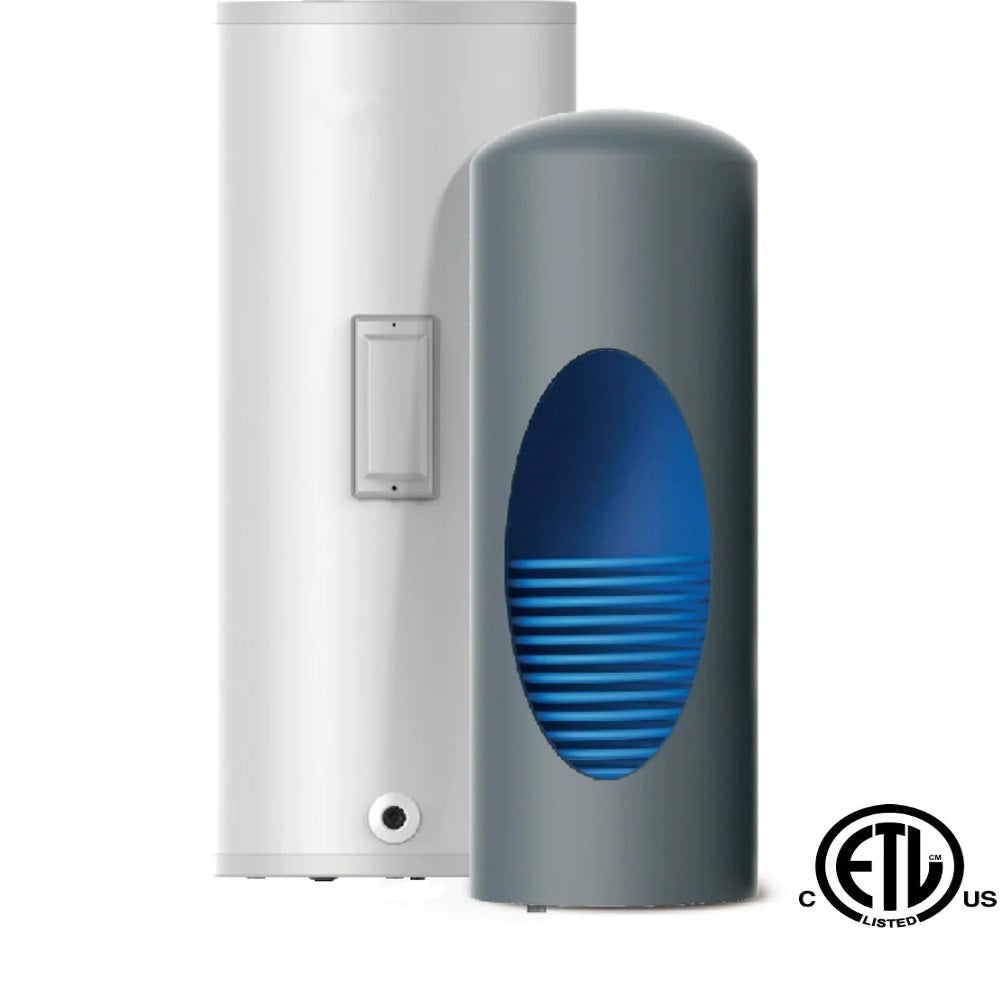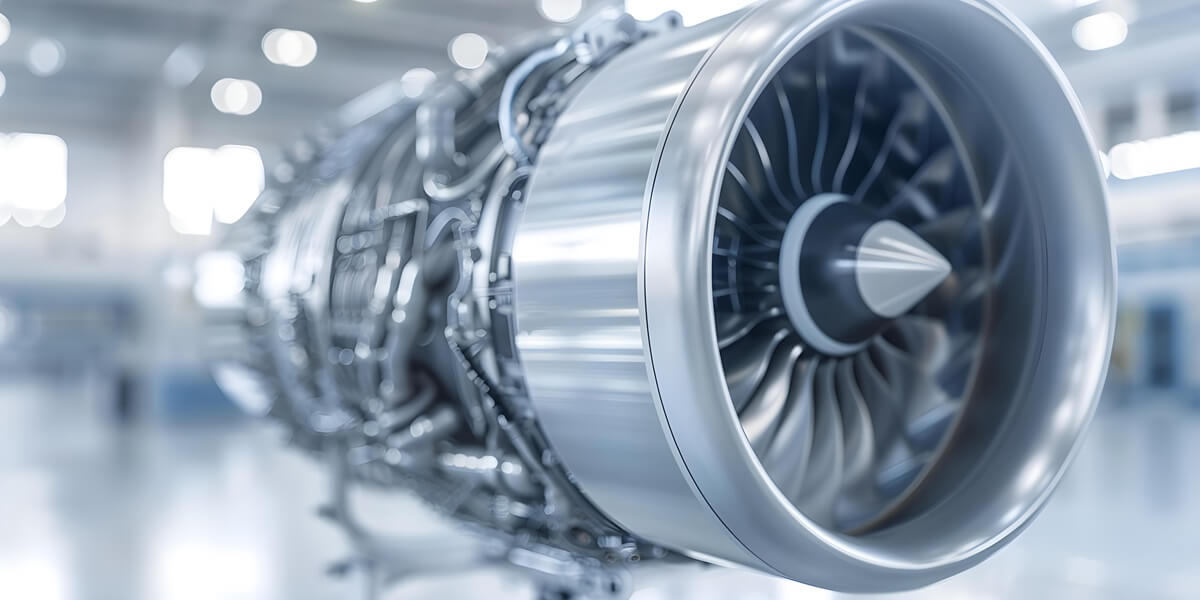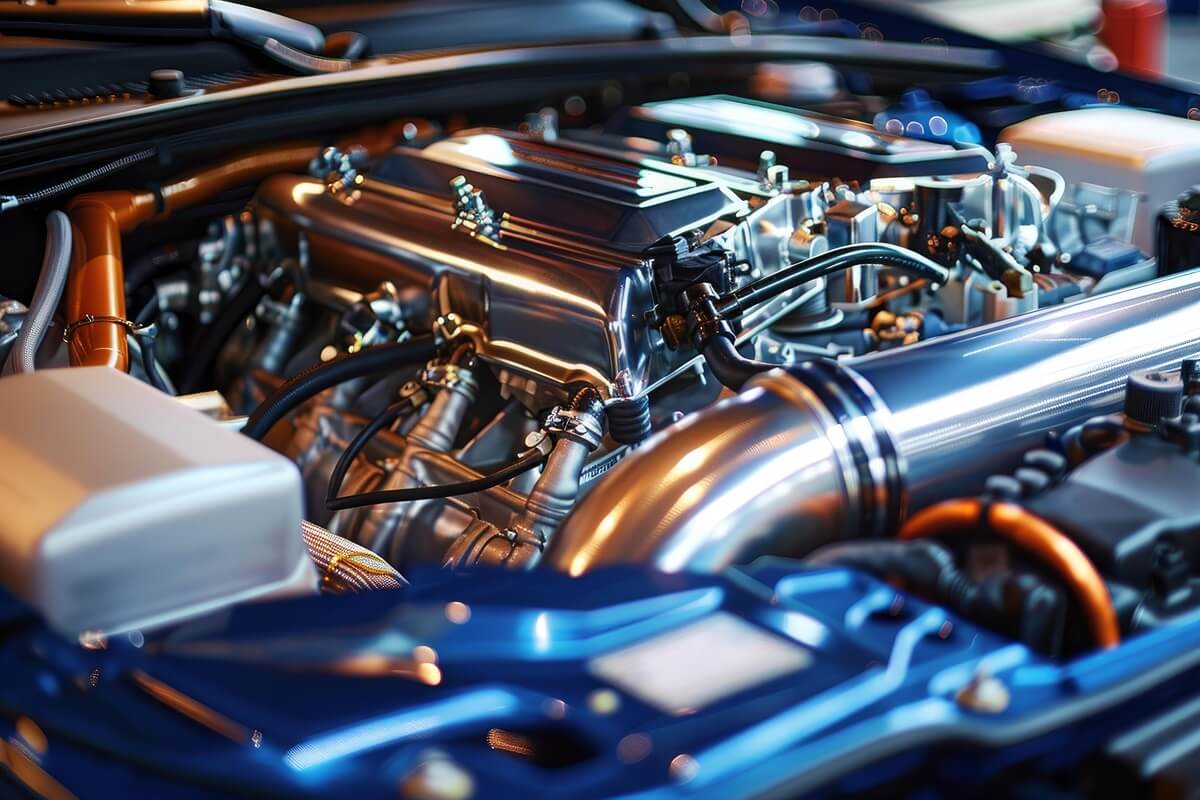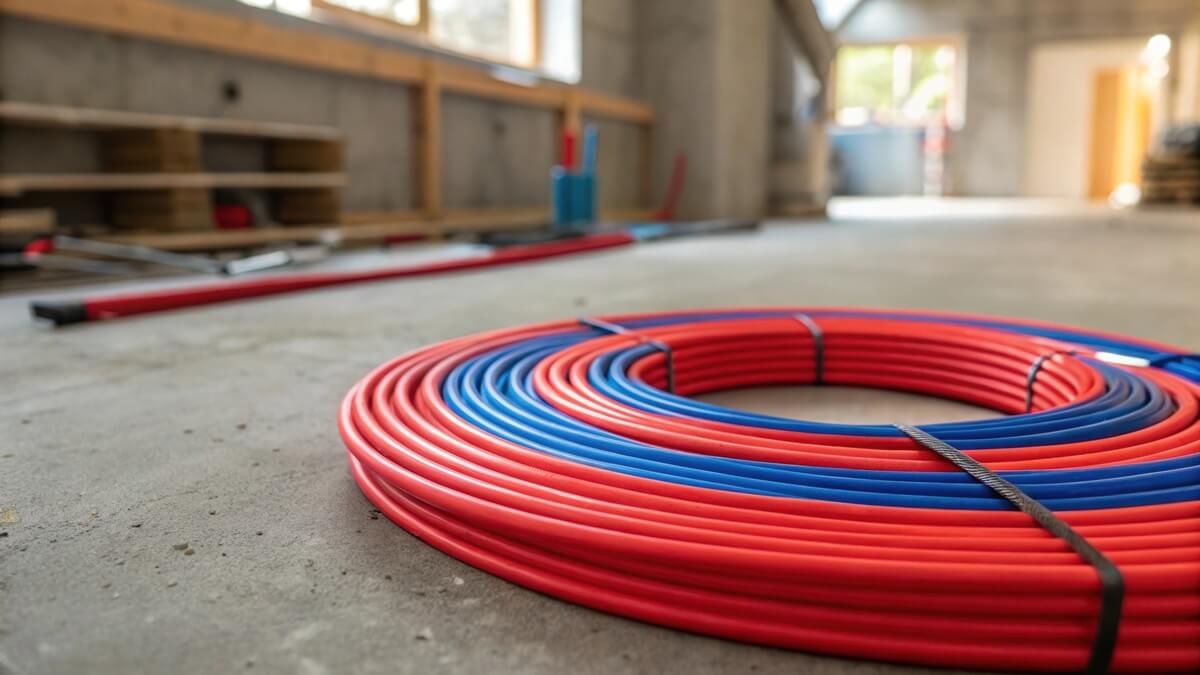The term “water heater” is quite familiar to most of us, but the phrase “indirect water heater” might raise eyebrows. This article aims to demystify the term and delve deeper into the fascinating world of heating solutions.
Indirect Water Heater – Definition
When diving into the realm of water heating solutions, one might come across the question: What is an indirect water heater? At its core, an indirect water heater is a sophisticated system that banks on the main furnace or boiler to heat a specific fluid. This heated fluid then circulates through a heat exchanger located inside a storage tank. This unique design offers several advantages, the most prominent being its ability to segregate a home's heating from its hot water needs. This distinction ensures homeowners won't experience the disappointment of running out of hot water, especially during the cold winter when the heating system runs almost continuously. Furthermore, understanding the indirect water heater definition also means recognizing its potential to conserve energy, given that it avoids the continuous heating and reheating of water.
Discover our most popular product categories – find what you need today!- Air to Water Heat Exchangers
- Water to Air Heat Exchangers
- Plate Heat Exchangers
- Oil Coolers & Intercoolers
- Tankless Water Heaters
How Does It Differ from Direct Water Heaters?
Exploring the contrasts between direct and indirect water heaters can shed light on their individual advantages. As the name implies, direct water heaters involve heating water directly through gas flames, electric coils, or other heating elements. On the other hand, when we consider what is indirect water heater, we realize it doesn't rely on its heat source. Instead, it banks on the home's primary space heating system to provide the necessary warmth to the water. This crucial difference highlights the indirect water heater's efficiency and its ability to maintain consistent water temperatures. It eliminates the frequent on-and-off cycles seen in direct heaters, often leading to energy wastage and wear.
Why Opt for an Indirect Water Heater?
When we delve into understanding what is an indirect water heater, a myriad of advantages comes to light. Foremost, its efficiency is unparalleled, particularly when contrasted with its direct counterparts. The design typically involves integration with high-efficiency boilers. This seamless integration results in an impressive rate of hot water production, ensuring that your home never runs out of hot water, even during peak usage times. Additionally, one of the standout features of these heaters is their storage tank. Unlike on-demand water heaters, this tank's presence ensures a consistent hot water supply. This means that multiple family members can simultaneously draw hot water for showers, cooking, or cleaning without experiencing temperature drops or inconsistencies. The indirect water heater provides both quantity and quality regarding hot water supply.
Is It Cost-Effective in the Long Run?
On the surface, the initial cost of investing in an indirect water heater might seem steep, especially when compared to direct water heaters. However, a more in-depth examination of the costs and benefits paints a different picture. Over time, the enhanced efficiency of indirect heaters translates to notable savings on energy bills. Moreover, the durability of these heaters is something to highlight. With a longer lifespan than many direct heaters, the chances of frequent replacements are reduced. An additional noteworthy point is their design. Indirect water heaters lack a burner, which is often a significant point of wear and tear indirect heaters. This absence means less maintenance and fewer worries about breakdowns or malfunctions. Considering these factors, it becomes evident that while the initial investment might be high, the long-term savings and reduced hassles make indirect heaters a cost-effective choice.
Suitability: Is It Right for Your Home?
When evaluating the indirect water heater definition, it's imperative to determine how well it syncs with your home's infrastructure and your specific needs. Not every household will have the same heating requirements or the same existing systems in place. Indirect water heaters especially shine in homes equipped with space heating systems. If your residence utilizes boilers for heating, then an indirect water heater can be an excellent addition. This is because the heater can be integrated effortlessly with the boiler system, optimizing both your home's space heating and water heating capabilities. Furthermore, it ensures that the systems support each other, maximizing efficiency and streamlining energy use. Therefore, before making a decision, assess your home's heating systems, understand what an indirect water heater brings to the table, and determine if it's the perfect fit for your domestic needs.
Final Thoughts: Harnessing the Power of Indirect Heating
The choice between direct and indirect heating ultimately depends on individual preferences and home setups. However, when we deep dive into the question of what is an indirect water heater, the benefits become evident. Combining efficiency, sustainability, and longevity, it's a solution worthy of consideration. With state-of-the-art components like Plate Heat Exchangers, Shell and Tube Heat Exchangers, and Water to Air Heat Exchangers available on our website, you're always a step ahead in ensuring optimal performance.
Remember, the right knowledge and the right components can significantly elevate your home's heating solutions. Embrace the power of indirect water heating today!
See our last posts




